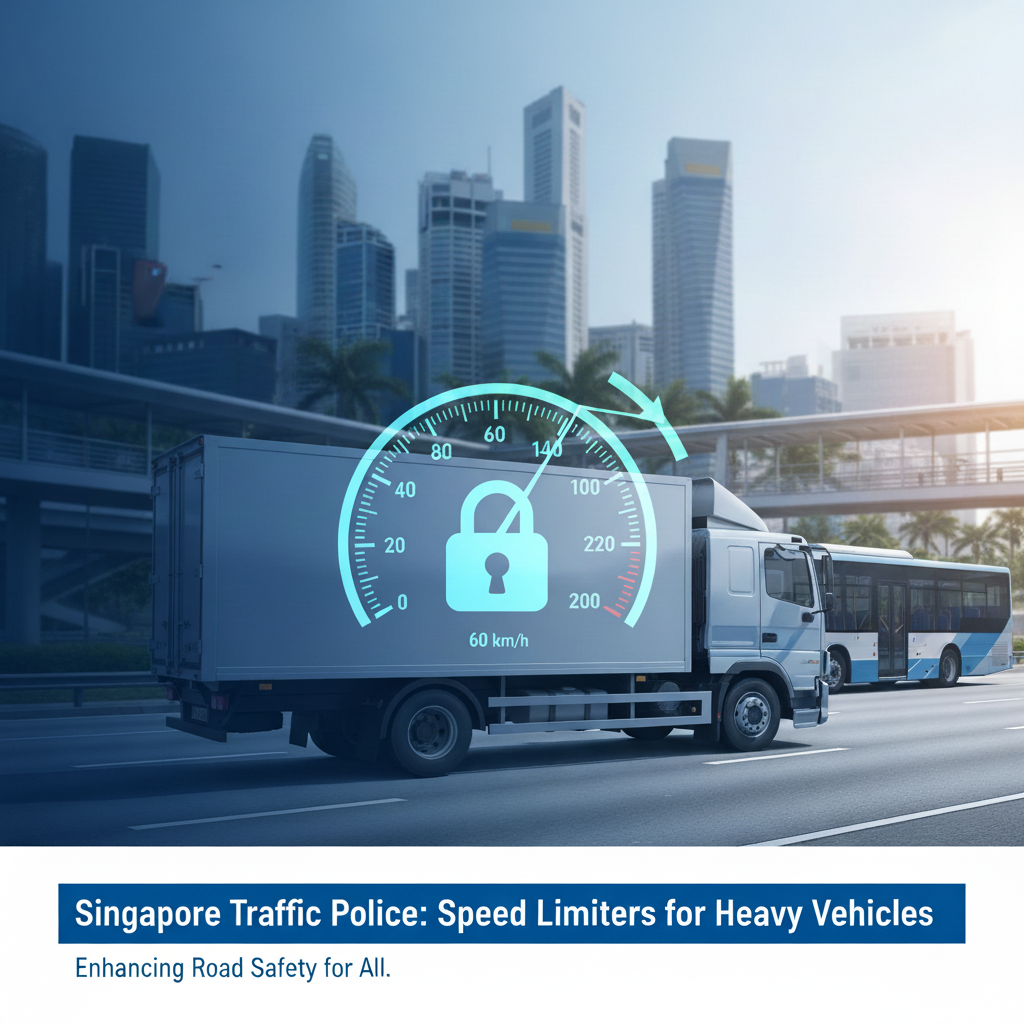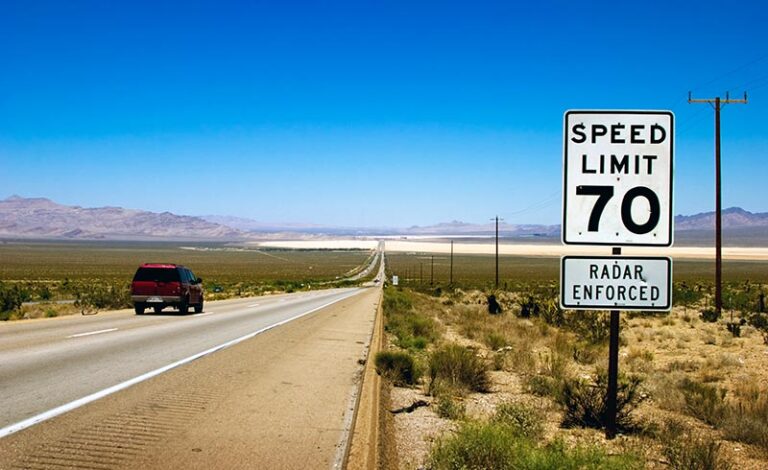Singapore issues regulations for the installation of speed limiter on commercial vehicles.
Under Singapore’s laws, it is mandatory for speed limiters to be installed in the following categories of vehicles:
To improve road safety, the Traffic Police (TP) will require lorries with a Maximum Laden Weight (MLW) of between 3,501kg and 12,000kg (inclusive) to be install with speed limiters, which will ensure that these lorries do not go beyond the speed limit of 60km/h.
This will be implement in phases. What’s more, Lorries in this category can begin installation from 1 January 2024.
Today, TP already requires goods vehicles with MLW above 12,000kg to be fit with speed limiters; and goods vehicles with MLW not exceeding 3,500kg to be fitted with Speed Warning Devices (SWD).
https://www.police.gov.sg/Knowledge-Hub/Traffic/Traffic-Matters/Speed-Limiter-Announcement
The Speed Limiter regime in Singapore aims to improve road safety and driving behaviour. and it complements other measures intended to reduce fatalities and injuries among all road users.

Working Principle of the Speed Limiter
A speed limiter is an electronic device designed to automatically restrict a vehicle’s maximum speed to a user-defined limit of either 60 or 90 km/h (set during installation). Moreover, to achieve this, the device employs two primary methods:
1.Fuel Supply Restriction:
An electromagnetic valve regulates fuel flow to the engine Or use a relay to control the oil pump circuit,thereby limiting its power and speed.
2.ECU-Based Throttle Control:
The Engine Control Unit (ECU) modifies the voltage in the electronic throttle pedal circuit. And this restricts the fuel volume delivered to the engine when the throttle is fully depressed, preventing the vehicle from accelerating beyond the set speed.
Key Compliance Criteria for Singapore Standards
Standard Compatibility:The device must align with Singapore’s referenced standards: 092/24/EEC and BSAU 217 Part 11987.
Certification & Testing:
Compliance typically requires testing and certification by independent third-party bodies. For example:European manufacturers obtain E-mark certification through EU-recognized labs. UK standards may necessitate BSI certification.
Product Design & Functionality:
Technical Specifications: Precision, anti-tamper mechanisms, and vehicle system integration must meet standards.
For instance:
1.Stable speed restriction at the set value.
2.No automatic deactivation upon vehicle stop.
3.Anti-Tamper: Singapore mandates robust anti-tamper features to prevent unauthorized disabling or adjustments post-installation.
Quectrix’s speed limiters hold the following certifications:

1.92/24/EEC (European standard)
4.CBCA (Zimbabwe)
5.SASO (Saudi Arabia)
Note: For African markets, speed limiters must comply with local regulations, which may differ from European or UK standards. As we are focus on speed limiter market for more than 10 years. Although different country have different requirement, our team will offer you the correct device accordingly. Please feel free to connect us and get more details.
Whatsapp: +86-133-8031-8225

